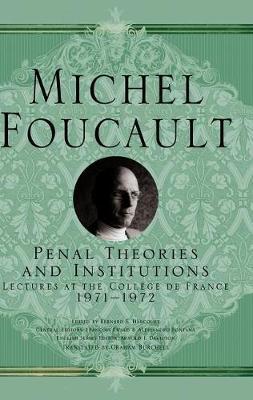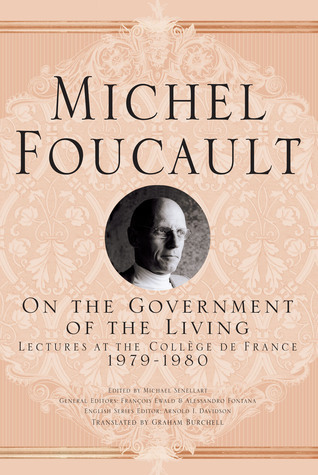
Part of Series
An examination of relations between war and politics From 1971 until his death in 1984, Michel Foucault taught at the Collège de France, perhaps the most prestigious intellectual institution in Europe. Each year, in a series of 12 public lectures, Foucault sought to explain his research of the previous year. These lectures do not reduplicate his published books, although they do have themes in common. The lectures show Foucault ranging freely and conversationally over the implications of his research. In Society Must Be Defended, Foucault deals with the emergence in the early 17th century of a new understanding of society and its relation to war. War was now seen as the permanent basis of all institutions of power, a hidden presence within society that could be deciphered by an historical analysis. Tracing this development, Foucault outlines a genealogy of power/knowledge that was to become a primary concern in his final years.
Author

Michel Foucault was a French philosopher, social theorist and historian of ideas. He held a chair at the Collège de France with the title "History of Systems of Thought," but before he was Professor at University of Tunis, Tunisia, and then Professor at University Paris VIII. He lectured at several different Universities over the world as at the University at Buffalo, the University of California, Berkeley and University of São Paulo, University of Rio de Janeiro, Brazil. Foucault is best known for his critical studies of social institutions, most notably psychiatry, medicine, the human sciences and the prison system, as well as for his work on the history of human sexuality. His writings on power, knowledge, and discourse have been widely influential in academic circles. In the 1960s Foucault was associated with structuralism, a movement from which he distanced himself. Foucault also rejected the poststructuralist and postmodernist labels later attributed to him, preferring to classify his thought as a critical history of modernity rooted in Immanuel Kant. Foucault's project was particularly influenced by Nietzsche, his "genealogy of knowledge" being a direct allusion to Nietzsche's "genealogy of morality". In a late interview he definitively stated: "I am a Nietzschean." Foucault was listed as the most cited scholar in the humanities in 2007 by the ISI Web of Science.


